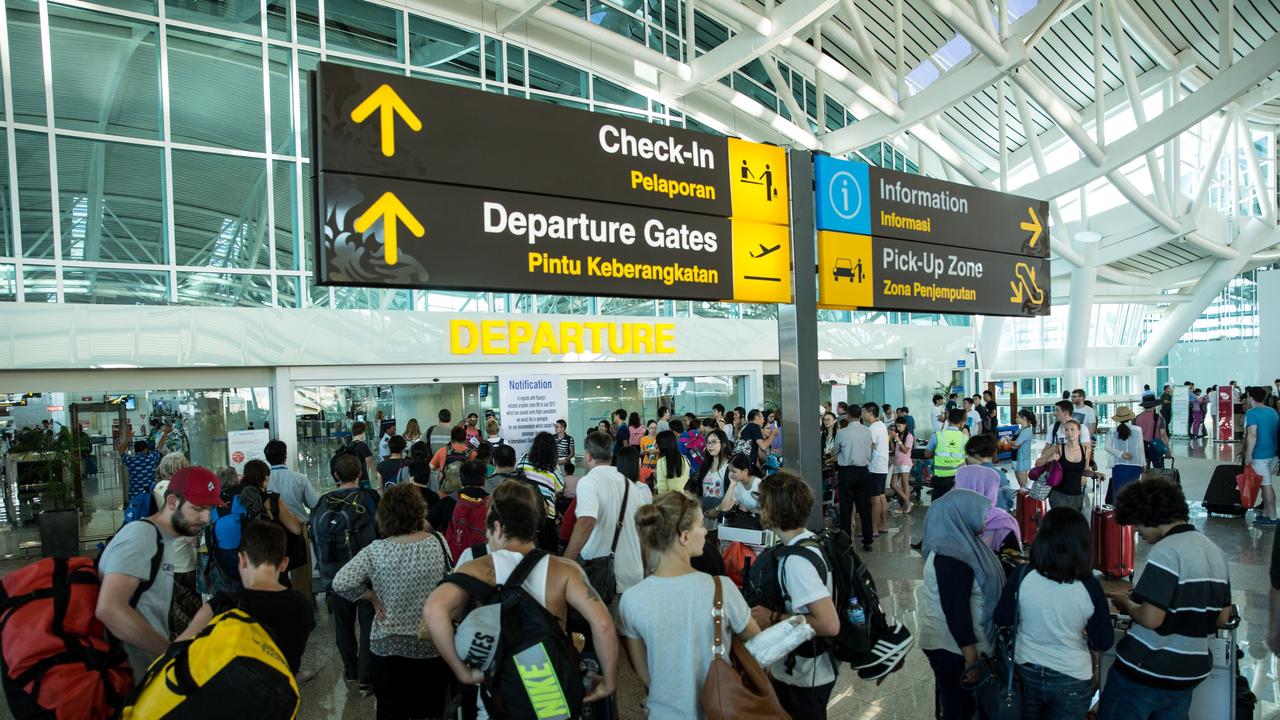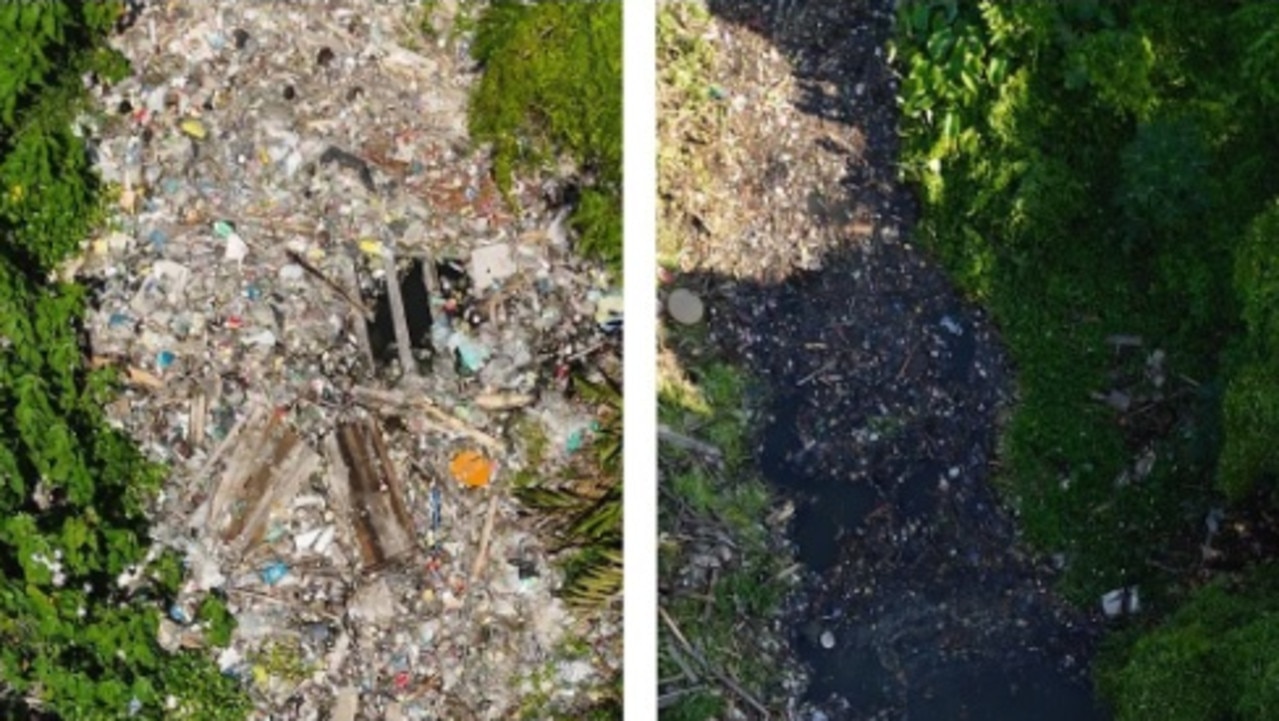Tourists react to Bali’s rule list they must follow or risk having visa cancelled
There’s been a surprise reaction to Bali’s newly released dos and don’ts list amid the hotspot’s crackdown on misbehaving tourists.
It has been almost four months since Bali released its official tourist dos and don’ts list in an effort to control unruly foreigners.
Speaking to tourists on the popular Indonesian holiday island, local media have reported a positive reaction so far.
One Russian tourist explained he got the pamphlet of rules on arrival at Bali Airport and the stand out was that he is not allowed to work.
“I think [the campaign] is good. So I think as long as we don’t do that [make trouble] we’ll be fine,” he said, according to The Bali Sun.
A second tourist, from the US, who also got the pamphlet at the airport said the rule that stood out to her was the need to dress modestly.
“Our tour guides also often remind us of what we can and cannot do,” she added, while criticising misbehaving tourists for not respecting the culture.
A third person told the outlet the guidelines were effective but the rules should be displayed on billboards and signs in public places so they can’t be missed.
When announcing the official list of rules, Bali Governor Wayan Koster said the aim was to restore “quality and dignity” to Bali’s tourism sector.
He warned tourists that don’t abide will face severe consequences, including penalties and legal proceedings as prescribed by Indonesian law.
There is a total of 20 rules — 12 under dos and eight under don’ts.
The list includes not trespassing on sacred places, climbing sacred trees, taking indecent or nude photos at sacred places, littering, using non-recyclable plastics, misbehaving in public, working or doing business illegally, and trading illegal goods.

Other measures in Bali’s crackdown on foreigners have included establishing a hotline for anyone to dob in misbehaving tourists, as well as a special task force to monitor foreigners’ activities (Bali Becik), and a tourist tax.
The latest move, just last week, was officials asking hotels, resorts and other short-term holiday rentals to submit guest data to a “Foreigner Reporting App” to help the Indonesian government monitor their whereabouts and activities.
Head of the TPI Special Class I Immigration Office, Ngurah Rai Sugito, urged use of the app at an event at the Mercure Bali Nusa Dua to increase supervision of tourists.

More than 200 people were deported from Bali in the first eight months of the year, including 12 Australians, compared with 188 for the entire year last year.
Ravindra Singh Shekhawat, general manager of Indonesian operations at Melbourne-born company Intrepid Travel, told news.com.au last month it was extremely important for Aussie travellers to be aware of local laws.
“Now that anyone can report travellers on the hotline, there are several things travellers need to be mindful of to avoid potential issues,” he said.

Mr Singh Shekhawat’s Bali travel tips included complying with all the rules and regulations of the destination like visa requirements, having all the necessary travel documents in good condition to avoid unwanted attention, understanding and respecting the local customs, traditions, and culture, and avoiding confrontations or disputes with locals.
Mr Singh Shekhawat, who lives in Bali, said regular travellers appeared to be “a bit nervous” about the new task force, but he assures people responsible tourists who follow the local laws and respect the local culture, people, and traditions shouldn’t be worried.
Indonesia is the second most popular overseas destination for Australian travellers.






